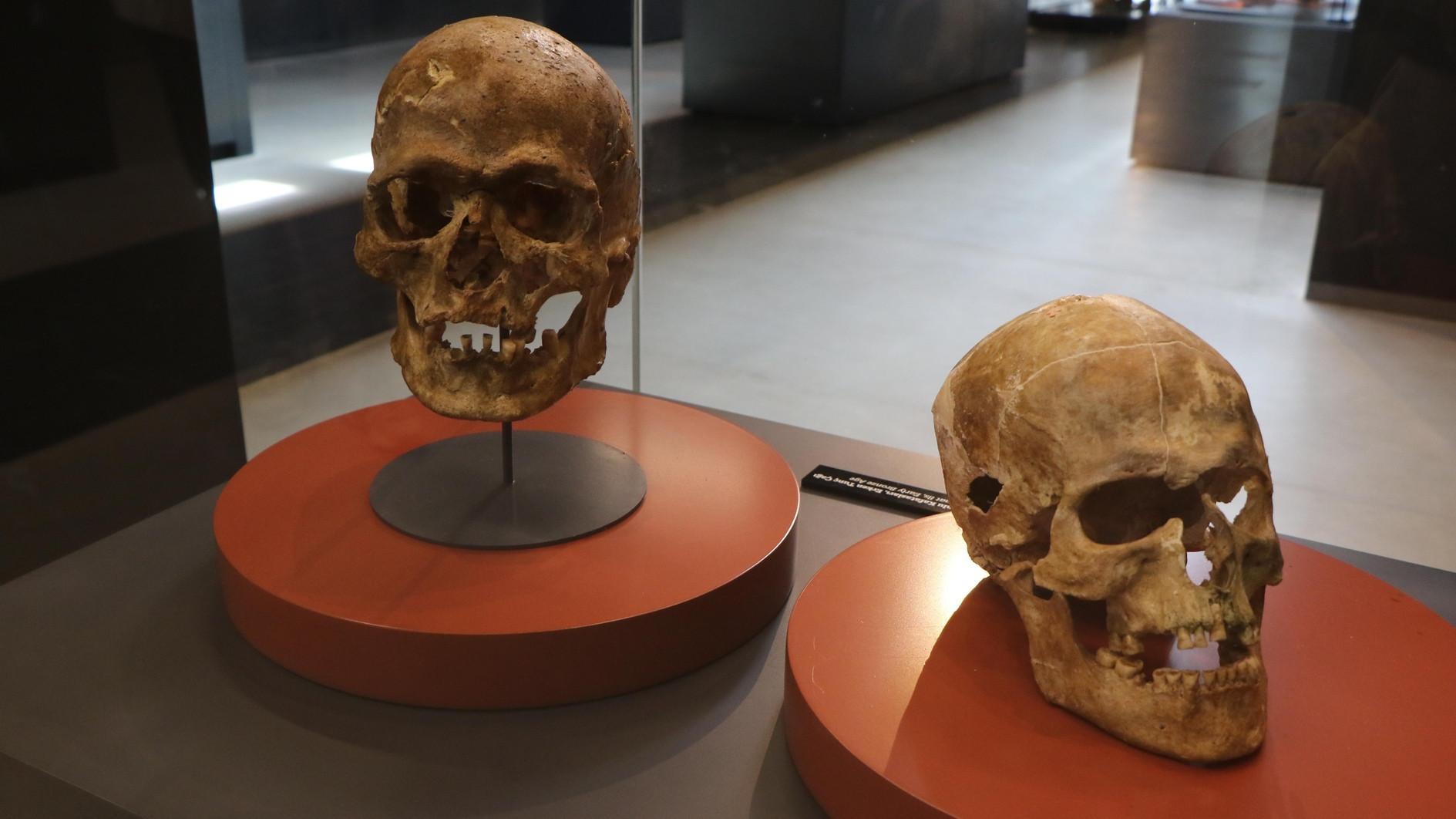‘New Turkey’ needs defining content
The new slogan of the ruling party, “New Turkey,” is not an ordinary one. They are talking about a “New Turkey” to be led by Erdoğan at least until 2023. They are also seeking targets such as 2053 and 2071, reaching all the way to other generations.
I assume this means a New Turkey inspired by Seljuk-Ottoman history. Due to my own cultural sensibilities, I should only be happy that Seljuk-Ottoman cultural heritage will be highlighted; but it is not that simple…
Our colleagues Yenal Bilgici and Zeynep Miraç have asked historians about the New Turkey and the restoration concept for Hürriyet’s Sunday supplement. I am sure Prime Minister Ahmet Davutoğlu has read it not only as a “politician,” but also as an “academic.”
As a politician, to check who is supporting him and who is not. As an academic, to check what others think, where have they gone wrong and what to watch out for. From the perspective of the latter, the historians’ words held many messages for the government.
One of our esteemed historians, Professor İsmail Kara, gave us a very correct starting point: “It is important what kind of value we would attribute to the word ‘new.’ Is it good or bad, right or wrong? Can it carry Turkey or not? I don’t agree with one-type and one-answer value attributions.”
Indeed, one needs to question the content before applauding or reacting. Are these epic words meant for the crowds, or is there real content in them? I personally do not see any “content” beyond the general words on vital matters such as separation of powers, independence and impartiality of justice and freedom of the press. Moreover, recent practices in the past few years create much concern. We are living in a Turkey where the government is organizing the elections in the Supreme Council of Judges and Prosecutors (HSYK).
‘Restoration’ in justice
Professor İlhan Tekeli, who has several books, said, “It is odd to make a promise to Turkey of a restoration after spending 12 years in power.” I am sure Professor Davutoğlu has marked these words.
Actually, there is no need to define “restoration.” What is really needed is a presentation, one by one, of what will be “restored.” As a law-person, I would of course be curious about what kind of legal system would be “restored.” If we are speaking about democracy, then the system that must be restored is not in the past, it is ahead of us: This is the “European criteria” that has been discussed quite a lot in past years.
Examining how praise of Turkey’s reforms in the EU Progress Reports has turned into concerned criticism will show what we should be “restoring.” Very clearly and concisely: It is universal law.
Professor Kemal Karpat said it was not realistic to get up and say, “We will form a new Turkey: Those phrases as First, Second, Third Republic… They are simple things without a foundation.” Moreover, he also said a new economic and social structure cannot be formed dependent on a group’s or person’s thoughts.
It is Professor Davutoğlu who can see best what kind of superficiality, what unchecked political dogma lies under the mentality that the ruling Justice and Development Party (AKP) was a milestone, and that before the AKP everything was bad and after the AKP everything is good.
Of course, yes to change and renewal – but how?
I say, by maintaining the rooted institutions, the values of the country, the Republic of Turkey and the practices of its parliamentarian system, and by making changes based on a liberal democracy and universal law… With tranquility and restraint…











